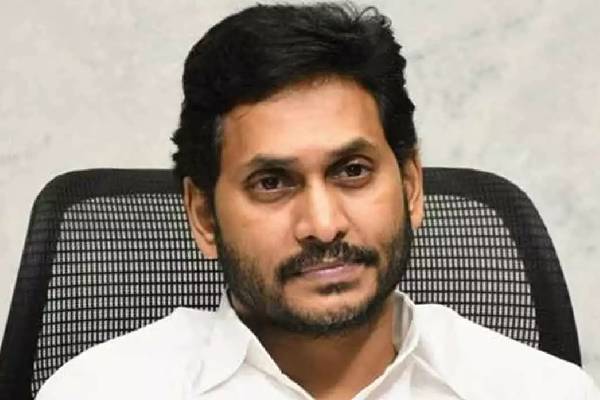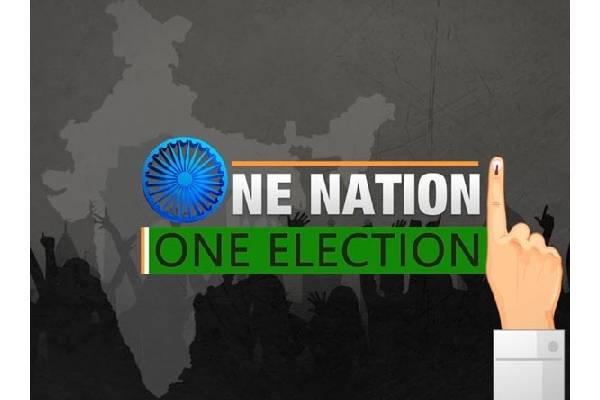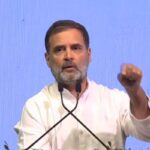The Union Cabinet has approved the groundbreaking One Nation One Election proposal on December 12, 2024, marking a significant shift in India’s electoral landscape. The government plans to introduce a comprehensive bill during the ongoing Winter Session of Parliament.
This landmark decision follows the government’s acceptance of recommendations from a high-level committee in September, advocating for synchronized elections across Lok Sabha, state assemblies, and local bodies.
Prime Minister Narendra Modi has consistently championed shorter election cycles to prevent politics from dominating India’s governance. “Elections should be held only for three or four months. Politics should not be done for all five years,” Modi stated in a recent interview with India Today TV, highlighting potential logistics cost savings.
Historical Significance and Benefits
India’s electoral history shows that simultaneous elections were standard practice from 1951-1952 until 1967. The proposed reform aims to revive this system, bringing multiple advantages to the nation. The synchronized elections would significantly reduce public expenditure on multiple election cycles while enhancing administrative efficiency. This approach promises to minimize disruptions to governance and create a more streamlined electoral process.
Implementation Challenges
The proposal, despite its potential benefits, faces several significant hurdles in its implementation path. Constitutional considerations regarding the federal structure remain a primary concern among lawmakers and experts. Various political parties have expressed opposition to the reform, citing concerns about its impact on regional governance. The logistics of conducting simultaneous elections nationwide present complex challenges that require careful planning and execution. Additionally, questions about preserving state autonomy within this unified electoral framework continue to spark debate.
Expert Analysis
The Law Commission’s 2018 report has endorsed the concept, emphasizing substantial cost savings and reduced administrative burden as key benefits. However, experts have raised important concerns about the reform’s potential impact on local governance and representation. The debate extends to questions about state government autonomy and potential effects on political stability. The reform’s influence on legislative independence has also emerged as a crucial point of discussion among constitutional experts.
This reform represents one of the most significant changes to India’s electoral system since independence, with far-reaching implications for democratic governance. The move signals a fundamental shift in how India conducts its elections, potentially reshaping the country’s democratic processes for generations to come.

































